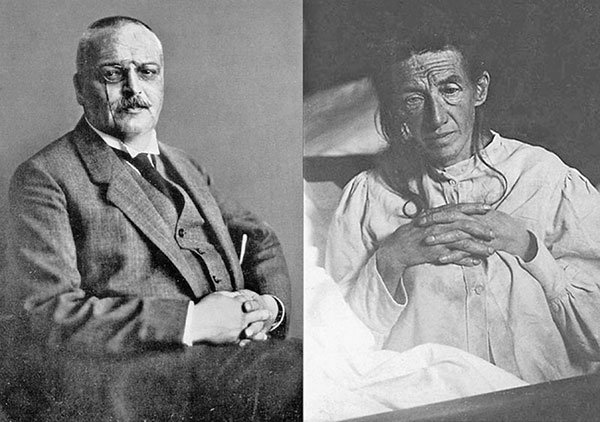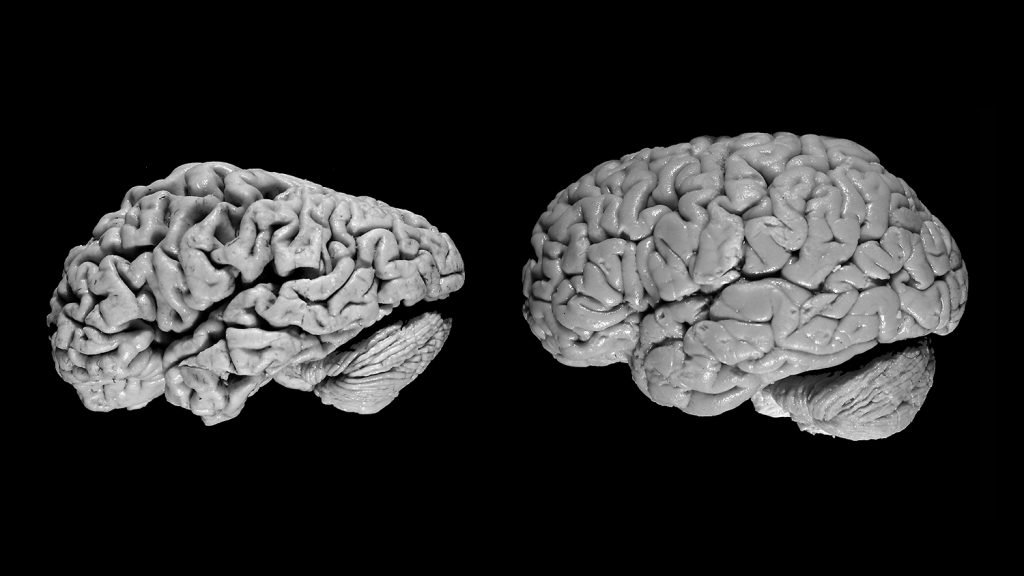On November 25, 1901, a fifty-one-year-old woman named Auguste Deter was examined by Dr. Alois Alzheimer in a hospital in Frankfurt am Main, Germany. Dr. Alzheimer continued to follow Auguste D’s condition until her death in 1906.
Auguste Deter was the first person to be officially diagnosed with Alzheimer’s disease. Born in 1850, Deter began to show symptoms of the disease when he was in his early 50s. Memory loss, trouble sleeping, language and writing problems were all signs of dementia, but she was too young to exhibit them.
Auguste first began to show signs of the disease with the delusional idea that her husband had been unfaithful. Other symptoms such as memory and disorientation followed. Then they met the doctor Alois Alzheimer. Unfortunately, less than five years after his first symptoms, Auguste Deter died.
Meanwhile, Dr. Alzheimer, who had started working at the Royal Psychiatric Clinic in Munich, heard about Deter’s death and requested that his brain and medical records be sent to him for examination. Dr. Alzheimer performed an autopsy, including a detailed study of the patient’s brain. What he found was unlike any brain he had ever seen before. First, it was unnaturally small, clearly having lost a lot of tissue. His findings in his brain also revealed abnormalities in the cortex, the outer layer responsible for memory, language, judgment and thought in general.

Given Auguste D’s age and other patients, Alzheimer’s disease would first be called “presenile dementia”. Dementia is defined as the loss of intellectual functioning to the extent that it interferes with activities of daily living. However, it was thought to occur only in old age. In this sense, Auguste’s case would change this understanding.
What is Alzheimer’s Disease?
If Auguste were alive today, he would have been diagnosed with early-onset Alzheimer’s disease. This form of Alzheimer’s is rare, accounting for less than 10% of all cases of the disease. Auguste Deter was the only case studied by Dr. Alois Alzheimer. Nevertheless, this new form of dementia would be named after him.
Alzheimer’s disease is the most common form of dementia. It is a progressive disease that begins with mild memory loss and possibly leads to loss of the ability to maintain speech and respond to the environment. Alzheimer’s disease affects parts of the brain that control thought, memory and language. This causes a person to have significant problems in their ability to carry out daily activities.

Scientists do not yet fully understand what causes Alzheimer’s disease. It is thought that there is probably not a single cause, but several factors that can affect each person differently. Age is the best known risk factor for Alzheimer’s disease. But Alzheimer’s disease is not a normal part of aging. Memory problems are typically one of the first warning signs of Alzheimer’s disease and related dementias.





